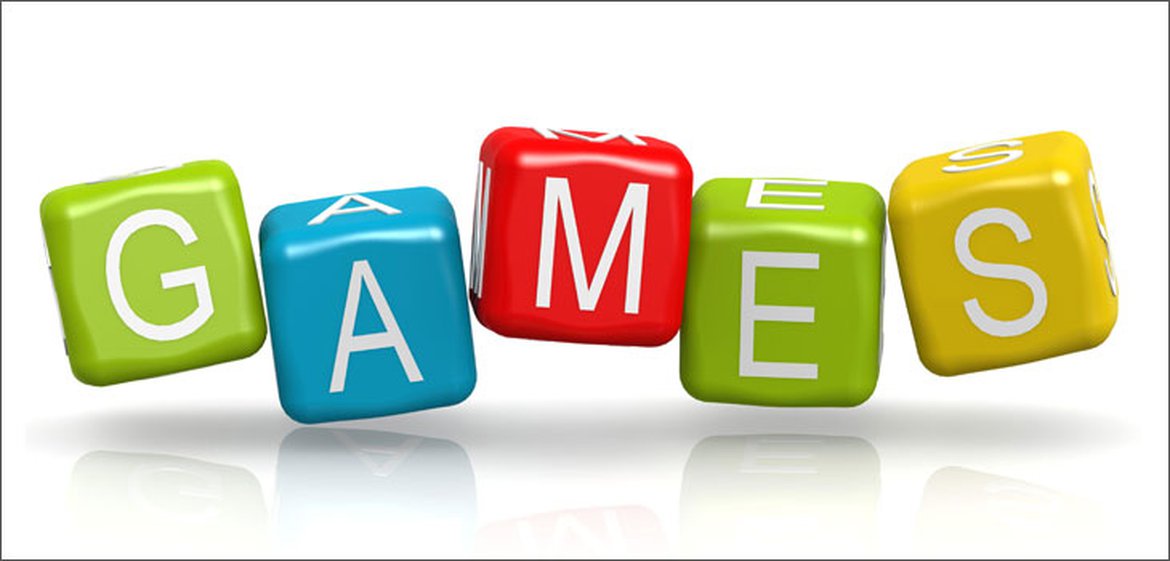Game On
June 30, 2021

Back in January, I publicly declared that 2021 would be my “Year of No (or Very Limited) Shopping.”
I made 7 simple rules:
- No clothes, shoes, jewelry, housewares.
- Can replace something if it’s lost or damaged – but only if it’s essential.
- Toiletries, skin care products – OK, in moderation.
- Books – OK, in moderation.
- Running shoes – OK, when needed.
- No other sports gear – unless absolutely essential. See Rule #4.
- When I do buy, buy local and/or sustainable.
So far, I’ve been pretty darn good about this little project. We’re halfway through 2021, and, apart from a few small housewares (candles and a wine stopper) and two new everyday bras (I won’t tell you how old the ones I replaced were), the only indulgence I have permitted myself is a cribbage board.
A cribbage board, you say. Well, yes, of course.
As the pandemic ground on this past year and a half, and as my partner, Richard and I spent more and more time at the farmhouse in Prince Edward County—where there is no TV—we found ourselves playing cribbage. A lot of cribbage. In fact, we became so enamoured of the game that I decided we must have a board for the house in the city too—even though that house is equipped with all the mod cons, including TV.
I found a board on Etsy, and while I'm a little loathe to admit that it came from Oregon—not so local, not so light on the carbon footprint—it was made by a woodworker there, a “retired guy”, as he called himself, who carefully handcrafts every board from local wood. It is a beautiful board, a quality board, and one that I will treasure for the rest of my days.
All that cribbage got me thinking about other games I love. And so, for all my fellow language lovers, here are five favourite word games.
Password
Before it became a game you could safely play at home, Password was an American television game show. Its premise was pretty simple: two teams of two people (a celebrity and an ordinary Joe or Jane) competed to guess the “password.” The rules required one member of the team to provide their teammate with one-word clues only. Play alternated back and forth between the two teams until one guessed the mystery word.
Not very glitzy, I’ll admit, but it definitely appealed to me and my best elementary school friend, Johanna. And it clearly appealed to others too: The TV show ran, on and off and in slightly different versions, from 1961 to 2009. In 2013, TV Guide ranked it #8 in its list of the 60 greatest game shows ever.
Codenames
Codenames is like Password’s hip cousin with an added James Bond vibe. Two rival "Spymasters" know the secret identities of 25 agents. Their teammates know the agents only by their CODENAMES, that is, random words printed on cards laid out on the table. As in Password, Spymasters are permitted to give one-word clues only for the words on the grid.
The skill comes in being able to link more than one word with your clue, thus allowing your teammates to guess the identity of your secret agents faster than the opposing team guesses theirs.
Slang Teasers
In this game, which consists of little more than a dictionary of slang and obscure words, the designated “Slang Master” chooses a random word from the dictionary and writes the definition on a piece of paper. The other contestants have to come up with definitions of their own. The Slang Master gathers up all the submissions and reads out each definition – using their best poker demeanour so as not to give away anything.
The contestants then vote for the definition they believe is the correct one. You score points by guessing the correct definition and by cleverly hoodwinking others into guessing yours.
Ex Libris
Ex Libris is Slang Teasers on steroids. Billed as “The game of first lines and last words,” Ex Libris requires contestants to not only be creative, but also to know more than a little about English literature. Instead of having to devise a simple definition, players are asked to write a plausible first or last sentence of a famous novel. The “reader” (like the Slang Master) gives the “clues”: the title, author and plot summary.
Like the Slang Master, the reader gathers up and reads out all the submissions, including the correct one. And again, you score points if you a) select the correct line, the one that Virginia Woolf, say, or Julian Barnes wrote, and/or b) if others select your creative offering.
STET!
While I can’t share anything about actually playing STET!—I ordered it earlier today from The New York Review of Books—I can tell you that it's based on the bestselling Dryer’s English, a staple in my style guide collection.
According to the blurb in The Reader’s Catalog, “one hundred entertaining sentences await you, the copyeditor, to correct—or alternatively to STET” (a copyeditor’s term that means “let it stand.”) If that's not a game for “language lovers, grammar geeks, and bibliophiles”, I don’t know what is.
If you’re wondering why Scrabble, the quintessential word game, is not on my list, that’s because I really suck at that game. I probably shouldn’t admit this, being an English major and a communications consultant and all, but I never seem to be able to advance beyond the most basic words, like “dog” and “hat.”
Perhaps mastering Scrabble is something I’ll take on in 2022, once I complete my “Year of No (or Very Limited) Shopping” challenge.
Remember this:
For good old-fashioned fun and frivolity, give one of these games a go. Your inner word nerd will thank you.
